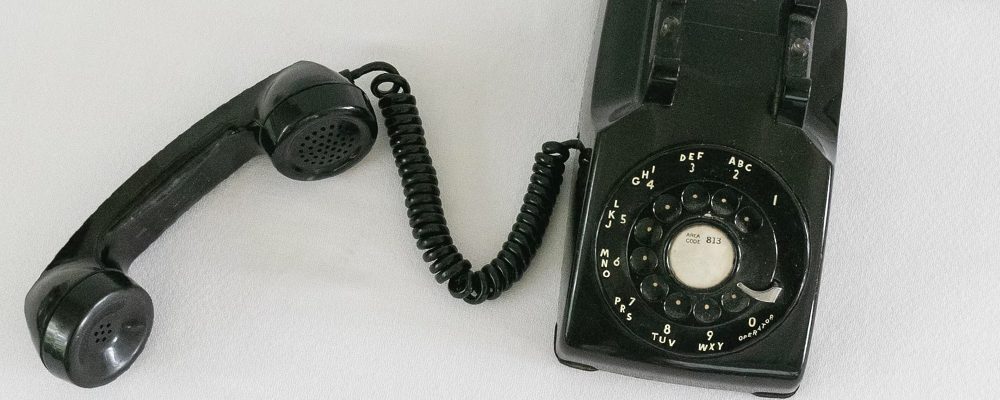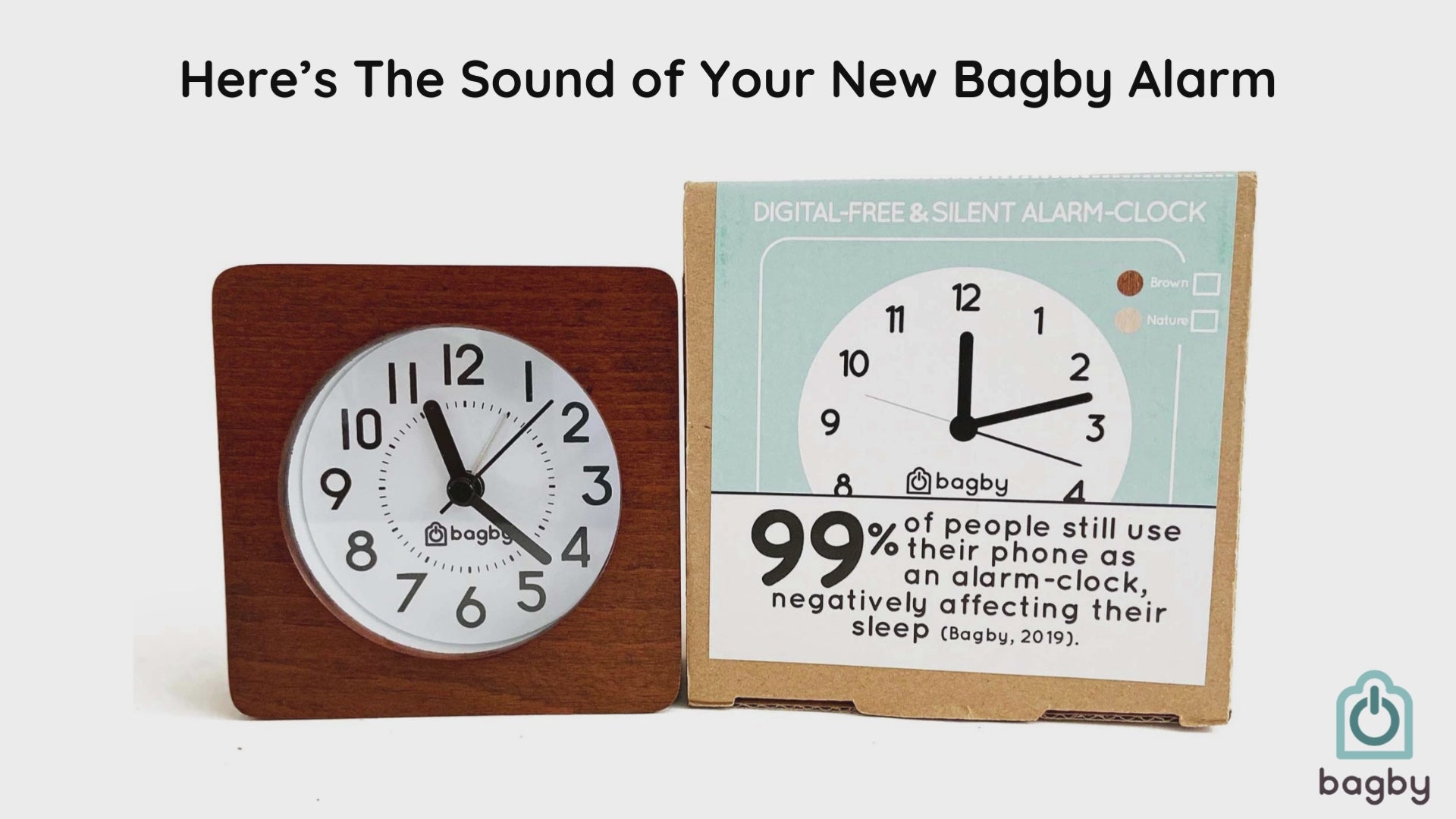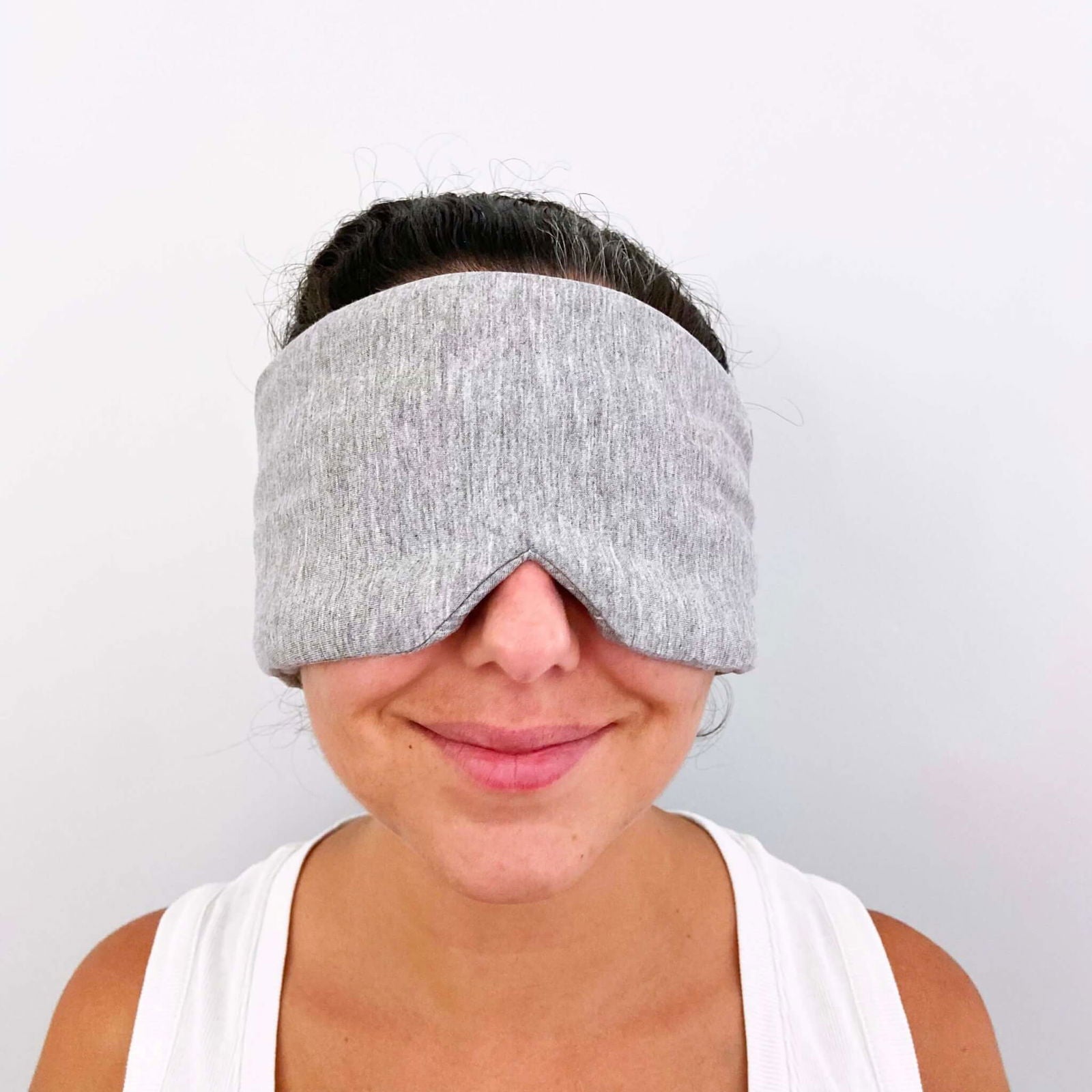Modern technology has become such a crucial part of our being that most things in our lives are designed around it. Because of this, we’ve developed habits that were never a norm in human history. And according to psychologists, this change may be hurting you.
In this post, we’ll look at the role of technology in our lives, how it’s changing human brain, and most importantly, what you can do about it. So, let’s begin.
How Technology Changed Our Lives
Here are some of the things we get to enjoy today, thanks to technology, that were either unimaginable or just a dream 200 years ago.
Instant Communication
Though the telephone was invented in 1876, the level of instant communication we’re able to have today didn’t begin until much more recently.
Today, we can call each other at the click of a button, text each other, meet on video calls, send multimedia messages, and socialize on the internet right from our phones.
Comfort
One reason why we keep chasing a more tech-controlled world is comfort. Of course, there are many other reasons, but the primal need for comfort is undeniably a strong motivator.
Here are a few examples of what we can do today:
- Shop online instead of going to malls
- Order food delivery through our phones instead of driving to a restaurant
- Watch movies on online platforms instead of going to the theaters
There are countless things that technology has brought to our fingertips, making our lives more comfortable.

Education
Inarguably, the education sector has benefitted a lot from technological advancements. Today we have virtual classrooms, online resources, video lessons, and many other things that make learning much more accessible and fun.
If it wasn’t for modern tech, we wouldn't have been able to run schools during the recent pandemic.
Experts say that physical classrooms could be a thing of the past in a few years, and schools will be more internet-connected than ever.
Money
The evolution of money really depicts how far modern technology has brought us.
For a significant chunk of history, people used to carry cash. First, it was coins, then came paper money. But today, a lot of people don’t even carry any cash on them. They simply carry their debit and credit cards, or better yet, smartphone wallets.
Now it seems like we’re moving towards more advanced forms of currencies, like crypto. And one day, we’ll get past that as well.
No one knows what the future holds, but one thing is for sure, our technology won’t stop advancing.
And More…
These are just a few of the many changes brought about by technology. Today, it's knitted tightly into all aspects of our lives. And that's certainly not a bad thing. Technology has helped us evolve and it will continue to level us up in the future.
But the problem is that these benefits are just one side of how modern technology impacts our lives.
Here’s The Other Side of the Coin
Though technology is beneficial, it also has adverse effects on our physical and psychological health. Think about this:
- When most people go to a restaurant, they snap pictures of their dish before even tasing it
- We have more pictures of what we saw during our travels than we have memories of it
- We’re spending more time scrolling mindlessly on social media than we spend socializing in the real world
- Our likes, dislikes, thoughts, and opinions are heavily shaped by what we see on the internet
These are some unignorable facts that show how modern technology has changed us on a behavioral level. And this has consequences. Have a look.
Decreased Attention Span
On a daily basis, we do tasks that require us to have a robust attention span. For example, when you’re working, talking with someone, or even driving, you need to be able to focus on one thing for a long time without being distracted.
It’s an essential skill that helps us in our day-to-day lives.
According to Dr. Sharon Horwood, a senior lecturer in the School of Psychology at Deakin University, prolonged use of digital devices can wreak havoc on our attention spans and concentration levels.
“What we do find with technology like smartphones and tablets is that they have the tendency to increase our absent-mindedness, reduce our ability to think and remember, to pay attention to things, and regulate emotion,” says Dr. Horwood. “Most of us have our phones within arm’s reach. Even the possibility of a message, a call, or something happening on social media is enough to divert our attention away from what we are doing.”
In her 2018 research study with 393 individuals, she found that 33% of them felt anxious if they couldn’t check their messages for a given period. She compared our relationship with internet-enabled devices to the “marshmallow test.”
The marshmallow test is a famous experiment from the early 1970s that shows how humans innately prefer instant gratification even if it means losing a chance to have a much more satisfying delayed gratification.

Our internet-fueled need to be constantly entertained or engaged has caused us to lose focus on boring, repetitive tasks resulting in a significantly reduced attention span.
Uncontrolled Decision-Making
According to a 2021 research study from Israel, decision-making is a cognitive process that involves several phases. You:
- Collect data from several sources
- Filter out relevant information from the irrelevant information
- Analyze and process the filtered information
- Formulate various decision alternatives
- Weigh the alternatives using methods like benefit analysis and cost-benefit analysis
- And finally, choose the best alternative from your list.
This is how an individual is supposed to make a decision—based on facts and analysis. But, when technology does that for us, we start losing this ability, causing us to be blindfolded to the consequence of our decision.
And that’s what’s been happening for the last few decades.
Since the internet and smartphones became the norm, they’ve been ubiquitous in all phases of our decision-making process.
Inarguably, sites like Google, Wikipedia, and other sources help in the information gathering stage, but that’s where you need to take control.
But, as Dan Ariely says in his book “Predictably Irrational,” we don’t actually take control of our decisions when we use modern technology as a tool for our decision-making process.
He says, “Any information, even covert, affects the subconscious. For example, coloring a shopping button orange encourages people to click and buy much more than other colors.”
The authors conclude their research by saying, “Technologies may help a person make more intelligent and informed decisions, but they may also expose a person to many decision-making biases.”
Poor Relationship Building
Statistics say that by 2025, 4.41 billion people will be connected to social media. Though it’s undeniable that social media helps us connect with our loved ones, is it really the best way to create and maintain a social relationship?
Researcher David Schramm did a survey in 2019 to understand how “technoference” (the way technology use interferes with face-to-face interactions) affects real-world relationships.
He gathered 631 parents from across the US, aged between 21 and 60, and asked them several questions about their tech use. Here’s what his survey found:
- 83% agreed that “technoference” is a huge problem in our society. More than 70% of the respondents reported that tech use heavily interferes with their family time.
- 45% consider tech use a big problem in their marriage.
- 43 percent reported that their partner uses technology in bed every night. And nearly 25 percent of the respondents felt like tech-use interferes with their sexual relationships.
- 53% believe they’re using their phones too much, while 59% believe their partners use them too much.
- Six out of 10 respondents were concerned that technology negatively influences their relationship with their children.
“The overall survey results show that higher levels of technology use and ‘technoference’ add up to significantly less time spent together as a couple, less satisfaction and connection, and higher levels of depression and anxiety,” Schramm concluded. “Talk more, use your phone less, and be where you are.”
Decreased Memory Performance
Because the internet has made it so much easier for us to access information, research studies say that it’s taking a huge toll on our memory.
A 2011 study by behavioral researcher Betsy Sparrow demonstrated how our brains have adapted to technology, entirely changing our evolution-based ways.
The study says that if the information is easy to locate, we won’t bother memorizing it.
For this, Sparrow and her colleague gathered some volunteers and gave them 40 pieces of interesting trivia. This experiment aimed to understand how well the subjects would remember information they could easily access whenever they wanted.
The trivia included facts like,
- An ostrich’s eye is bigger than its brain
- The space shuttle Columbia disintegrated during re-entry over Texas in February 2003.
They made the subjects type out the facts into the computer and told half of them that their entries would be saved. The other half, however, were told that their entries would be completely erased as soon as they typed them out on their respective computers.
After the session, the researchers asked the participants to write down as many facts from the trivia as they could from memory.
The volunteers who were told that their entries wouldn't be saved remembered a lot more facts than their peers.
“Since the advent of search engines, we are reorganizing the way we remember things,” said Sparrow. “Our brains rely on the internet for memory in much the same way they rely on the memory of a friend, family member, or co-worker. We remember less through knowing information itself than by knowing where the information can be found.”
Yale Scientific Magazine’s Review About Sparrow’s Work
Here’s what Yale Scientific Magazine said about Sparrow’s work:
“Sparrow’s work raises broader questions, too. Pervasive access to information is clearly making society better in some ways. Many argue that it leads to a more educated populace, more capable scientists, and better informed political decisions.
But at some point, society should question itself. In adopting the mentality of constant information at our fingertips, are we leaving something important behind?
When we reduce how much information we hold in our brains, do we diminish the potential for subconscious reasoning and human insight? Answers to these important questions remain elusive, but more work like Sparrow’s will hopefully lead us in the right direction.”
There Are More…
These are just a few ways technology has changed us on a behavioral level. And going against evolution to this degree has some serious consequences ranging from anxiety and depression to low emotional intelligence and social isolation.
Visit the “Healthier Tech” section of my website to learn more about the impact of technology on our existence and the actions you can take.
What Can You Do?
As you can see, modern technology has many flaws, and these can have severe consequences. But it’s also what makes us the advanced species we are today. So, detaching it from our lives is out of the question.
So, what can you do?
Luckily, there are things you can do to continue enjoying the fantastic benefits of technology without being subjected to the health effects that tag along. Here are some of them.
Take Control
Modern technology was initially designed with one goal in mind— to save you time so you can spend it on other important things, like your physical health, mental health, relationships, and happiness.
But today, it’s the exact opposite. We spend more time on our gadgets, ignoring other crucial aspects of our lives.
So here's what I suggest you do: take back control of your life from your gadgets. This way, you can keep enjoying the benefits of technology without having it hurt your physical, mental, emotional, and psychological being. Here are some of the ways you can do that.

Limit Your Tech Use
The first thing you need to do to take control is to limit your tech use.
We often talk about setting up screen time limits for kids. But turns out it’s equally important for adults.
I understand that your job may require you to spend time on your gadgets, or circumstances could be that you have to use your gadgets to stay connected with your loved ones. I’m not asking you to cut down on that time. Instead, you can single out the things you do online that waste your time and cut back on those. The hours of mindless social media scrolling, reading doom and gloom news, watching one after other mindless videos—those kinds of things.
I have already written a separate in-depth post on how you can set up screen time limits without it hurting your necessary tech use. So, give it a read.
Socialize In the Real World
Social media is a great tool, no doubt. But it’s just a tool—one that can enhance your social relationships, not replace them. And as advanced as it may become one day, it can never take over from your good old-fashioned real-world socializing.
Go out, meet your friends, and spend some time with your family and your loved ones. This will not only enhance your relationships with them but also go a long way in improving your mental wellbeing.
Focus on Your Physical Self
Instead of sitting down and spending valuable time on your phone, focus on your health.
There are many ways you can achieve this. You can go to the gym, join a fitness club, start hiking, stretch, even just take a walk at the park every day. Simply moving will take you a long way in your health journey.
“When you have your health, you have everything. When you do not have your health, nothing else matters at all.”
American Writer, Augusten Burroughs
Final Thoughts
We’re at a point where we can’t avoid technology. And along with it comes its adverse effects. But you don’t have to accept these effects as your fate. You can still enjoy the benefits of modern tech while avoiding the health risks that tag along. You just have to build a healthier relationship with your devices.
The diverse panel of experts on “The Healthier Tech Podcast” focuses on providing you with tips and tricks that you can use to make your relationship with technology safer and healthier. So, give it a listen.


















